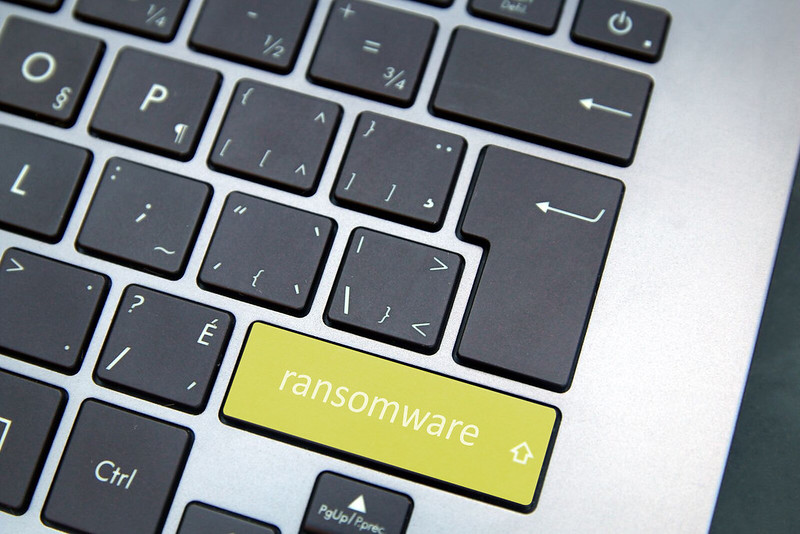With the support of the United Nations Office on Drugs and Crime (UNODC), law enforcement professionals were trained in countering cyber-related offenses. The education focused on how to collect, investigate, preserve, handle, and manage digital evidence during a ransomware attack, as stated by the UNODC's Regional Office for Southeast Asia and the Pacific on Monday.
In 2021, ransomware attacks in Vietnam increased by almost 200% compared to the previous year.
The country witnessed nearly 14,000 cyberattacks in 2023, with about 83,000 computers and servers being attacked. This represents a 9.5% increase in cyberattacks compared to 2022, and the number is expected to grow.
Phishing is the most popular cybercrime in Vietnam, representing 32.6% of the total. On the other hand, 27.4% of the attacks target vulnerabilities in platforms and programs installed on computers and servers, and 25.3% target websites developed by organizations.
In these attacks, criminals lock an individual’s digital files and ask for a sum of money in exchange for unlocking them. This results in data loss, intellectual property theft, and system and network disruptions, even if the ransom is paid, experts say.
Government agencies, financial institutions, banking, industrial and other important systems are the main targets of these types of attacks.
“The development of digital technology has had a profound and comprehensive impact on all socio-economic sectors of the country, on life and people,” said Lai Viet Quang, the Director-General of the Department of Public Prosecution and Supervision Over Criminal Adjudication at the Supreme People’s Procuracy of Vietnam.
“Vietnam, through its policy to promote the application of digital technologies to serve socio-economic development and ensure national defense and security, has achieved a lot in this field. However, increasing connectivity and anonymity are also helping cybercrime,” he added.

